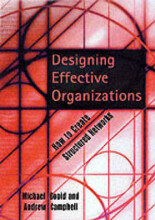Chunking
16 important questions on Chunking
What is a chunk?
- easier to remember
- easier to fit the chunk into the larger picture of what you're learning
How does chunking work?
What do they say about “the octopus of attention”?
- Higher grades + faster learning
- Never study anything twice
- 100% sure, 100% understanding
What diverse “the octopus of attention” from diffuse mode?
When the octopus of attention doesn’t work?
- angry
- stressed
- afraid.
How to gain an expert in academic topics?
Where can you apply chunks in to?
- sports
- music
- dance
- just about anything that humans can get good at.
When does chunking not work?
What is true about learning something new?
How does practicing helps your network of neurons?
What happen when you look through a chapter in a book?
The basic steps of learning by psychologist Jeffrey Karpicke
- Practising and recalling the material.
- Rereading the text a number of times.
- Drawing concept maps that supposedly enrich the relationships in the materials under study.
What are the benefits of the priciples of Jeffrey Karpicke
What is true about illusions of competence?
How to get rid off illusions of competence?
Why is it good to practice in another room than the regular room you do?
The question on the page originate from the summary of the following study material:
- A unique study and practice tool
- Never study anything twice again
- Get the grades you hope for
- 100% sure, 100% understanding































